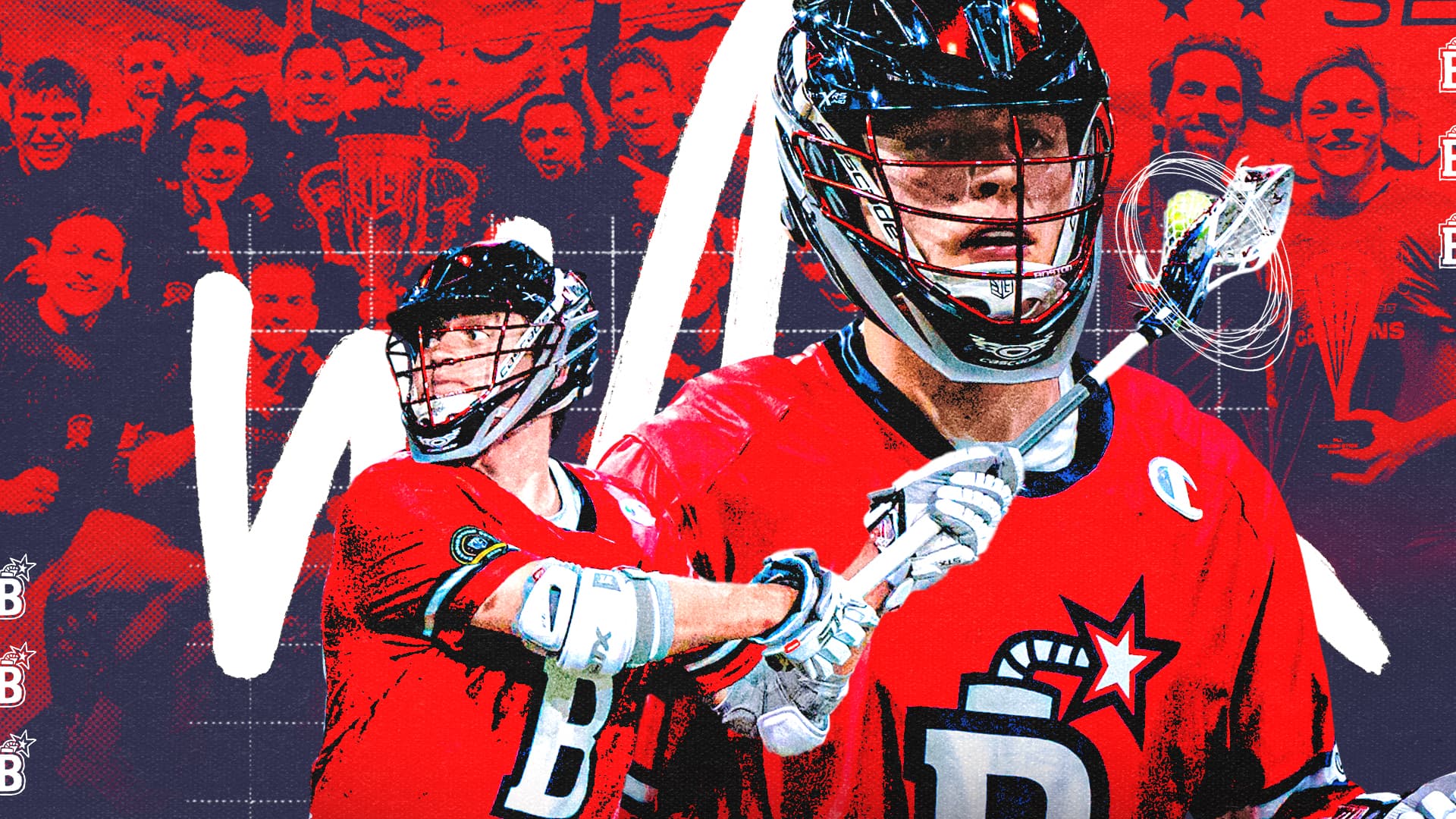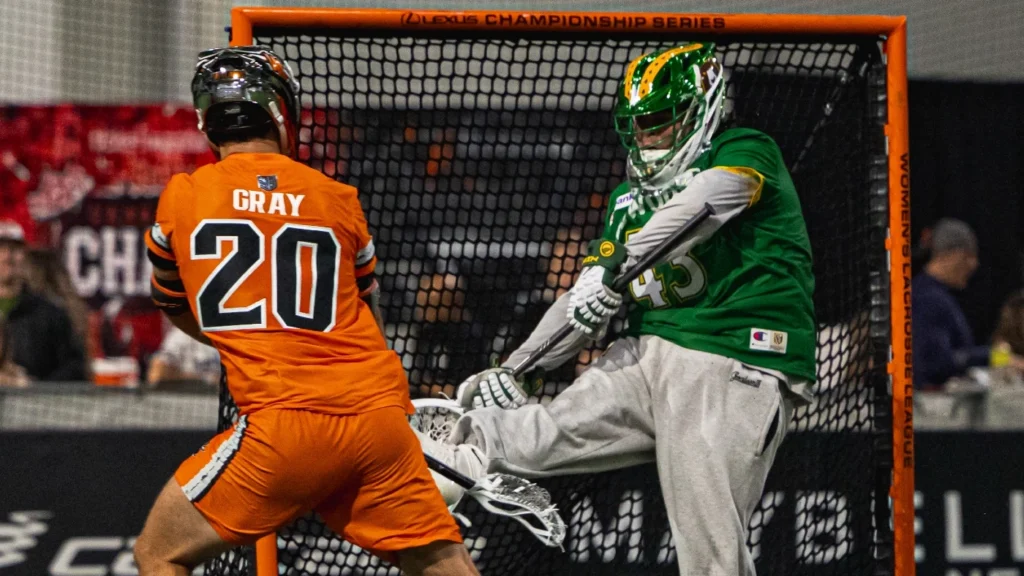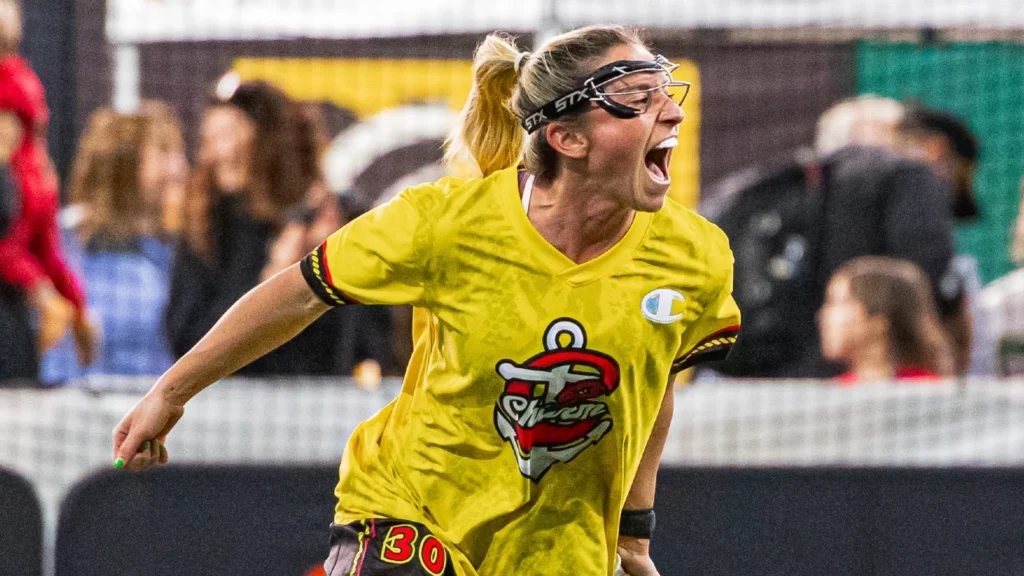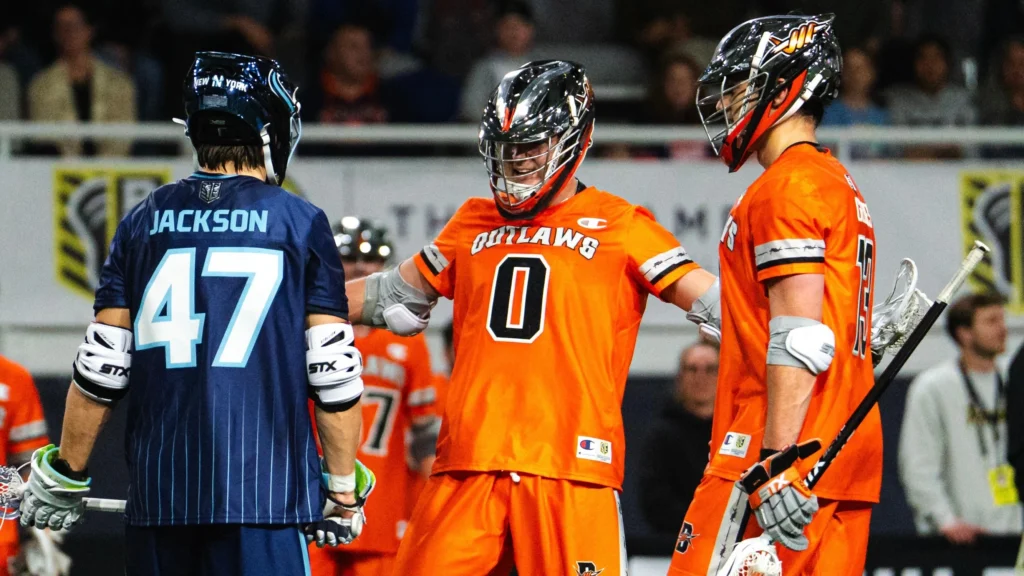With nine seconds remaining in the second quarter of the 2025 Lexus Championship Series final, the Boston Cannons used a timeout to draw up a play. Every point mattered. Boston had taught New York that the night before when it erased a three-point lead in 27 seconds. A goal before halftime could be the difference.
“[Expletive] it,” Matt Campbell said. “Just give me the [expletive] ball, and I’ll score.”
It was even more than goalie Adam Ghitelman had hoped for when he’d challenged the team’s younger core earlier in the week. In a team meeting, Ghitelman looked around the room and reminded everyone that sports are ageist. He and Marcus Holman — in their 15th and 13th seasons, respectively — will not always be there to lead them. The younger players needed to mature as leaders. And Campbell wasted no time answering the bell.
“It’s the first time I’ve ever heard him speak in a huddle,” head coach and general manager Brian Holman said, equal parts proud and surprised.
“I don’t think anyone even questioned it,” Alex Vardaro said.
Campbell went on to score, sending the Cannons into halftime with a 13-7 lead. It was one of his team-high seven goals on the day. He finished with 13 shot attempts on 24 touches — the box score embodiment of “Just give me the [expletive] ball” — en route to leading the Cannons to their second straight Lexus Championship Series title and earning the Golden Stick Award with 23 scoring points.
“He was just unguardable,” Marcus Holman said. “In the huddles … being like, ‘We’re good. We’re not tired. We’re ready for this.’ It wasn’t just about him. It was about him stepping up and being the voice for everybody.”
It might’ve been the first time Campbell drew up the play, but it wasn’t the first time a play had been drawn up for him in a huddle. Connor Kirst remembers a crunch-time huddle at Villanova during his senior year (and Campbell’s freshman year) when teammates looked around and said, “Let’s just give Matt the ball.”
Plays designed to give Campbell the ball often work out for the offense. Whether he’s starting the party or standing at the end of the rainbow ready to finish, he’s able to execute everything that coaches have asked of him over the years.
Trailing by two in the second game of his pro career, then offensive coordinator Jim Mitchell drew up a fourth-quarter action to get Campbell’s hands free from two-point range. Ryan Drenner dodged down the alley while Marcus Holman and Jonathan Donville set a double down-screen for Campbell. Ryan Boyle referred to Holman as a “snowplow”; Quint Kessenich compared them to “two pulling guards.” As Campbell curled off the screens, Drenner rolled back to find the rookie wide open. Campbell bounced a two-point goal to knot the game at 13-13.
